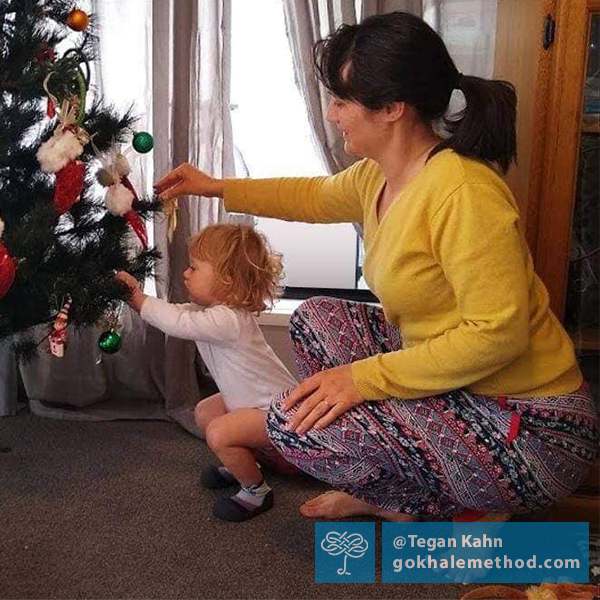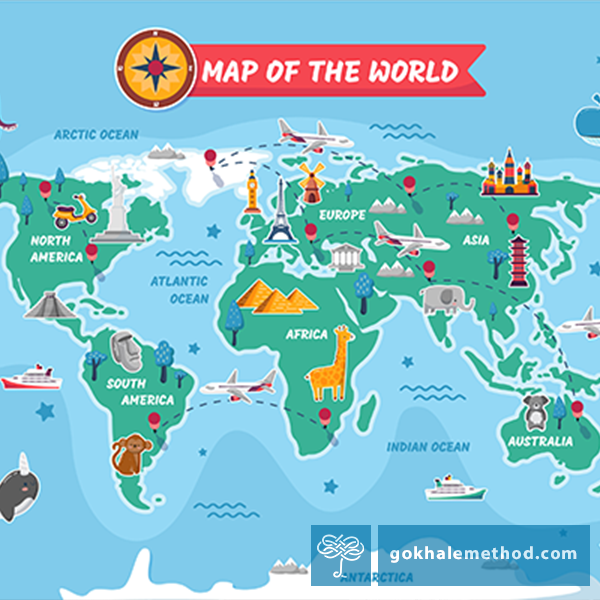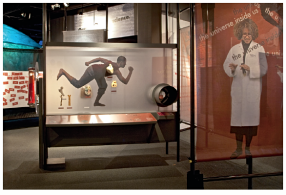Since the pandemic we are delighted to have resumed teacher training and welcomed ***** to the Gokhale Method teacher community in Europe and the US. We are also steadily growing our roots in the Southern Hemisphere. Below, Australia-based Teacher Tegan Kahn shares the story of how and why she decided to train.
Fiona’s Journey out of Back Ache, via French Byways, to Gokhale Teacher Training
The Question
Can I get Gokhale-fit in 9 weeks (for a long overseas trip) via the online Gokhale Elements course?
The Posture-Power Connection
There are few things as disempowering as a broken back. By "broken back" I mean to include painfully herniated disks, significant stenosis, as well as severe muscle tension and other less sustained spinal phenomena that constitute "non-specifc back pain" - and nonetheless hurt like heck. I remember this state clearly, and have some journal entries to fill gaps in my memory - "...maybe I'm paying too much attention to my back. Maybe it's in my head..." 28 years ago, I felt like a broken straw.
Teaching the Method: Roberta Cooks
We have an amazing pool of teachers, and I’m extremely proud of every one of them. They have diverse backgrounds and bring all kinds of knowledge, experience, and sensitivity to our Method, which benefits teachers and students alike. We are constantly tweaking and improving our offerings. Every month we get together via regularly scheduled continuing-education teleseminars, where I or another expert in a specific area makes a presentation, followed by a lively discussion. In addition, we stay in regular communication via what we have dubbed the “Teacher Water Cooler.” This is a private collaboration, a place where one teacher might write, “I just reviewed the intake form for ‘Student Y,’ who has this unusual syndrome, plus this and this and this. Any ideas how I might adjust my approach?” Another teacher might offer, “I ran into a cool educational tool the other day,” or, “Check out this interesting video on YouTube, and tell me what you think about its point of view.” So we teachers benefit from an ongoing and very dynamic interaction and, once a year, we gather together for a weekend of hands-on work.




